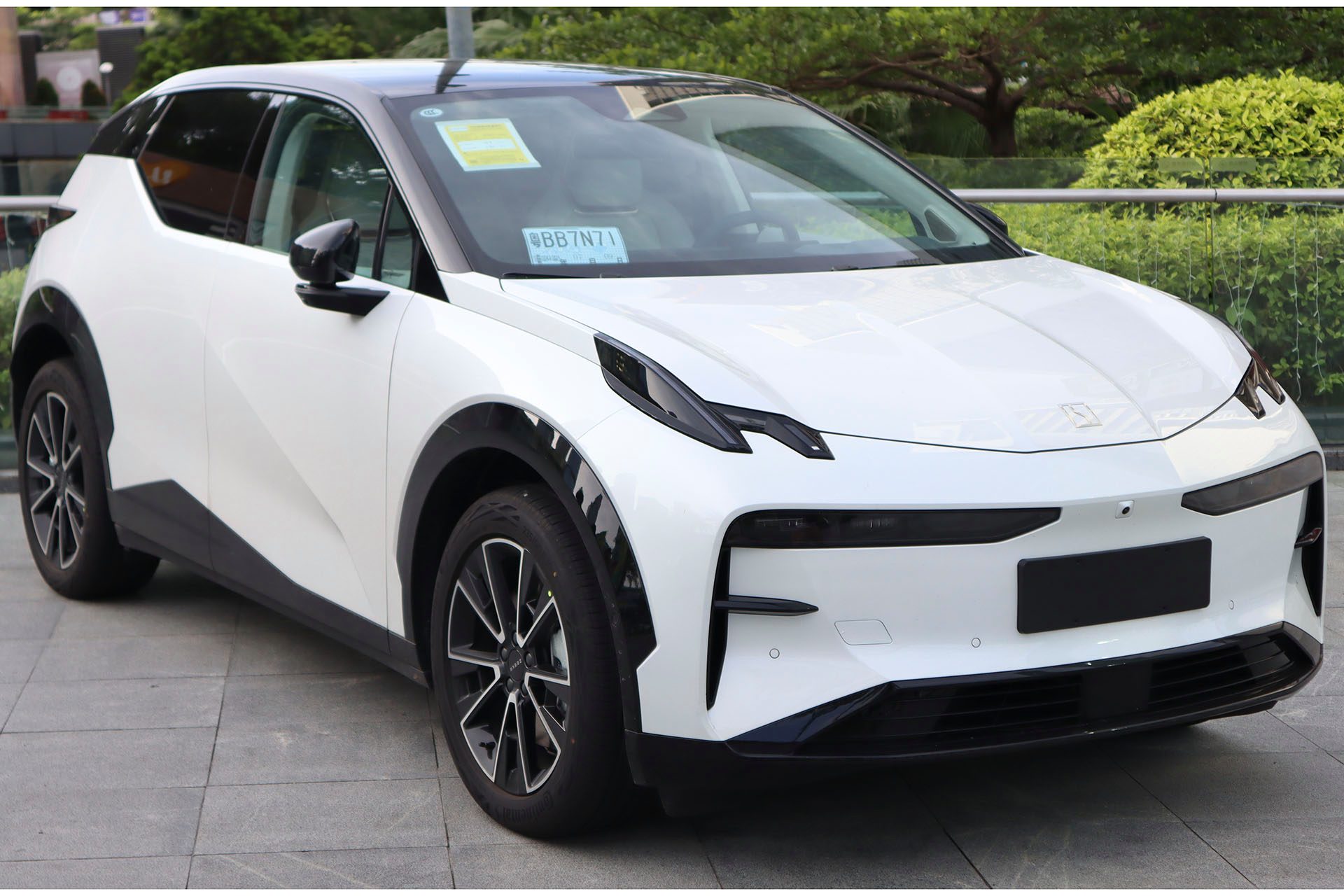The European Commission is threatening to impose further tariffs of up to 48 per cent on Chinese EVs. This follows an investigation into what it describes as “unfair subsidisation” by the Chinese government.
The inquiry took nine months and found that such subsidies pose a “threat of economic injury to EU BEV producers”. Therefore, from 4 July an additional import tariff will be applied to EVs built in China. That’s on top of the existing 10 per cent charge. If “discussions with Chinese authorities lead to an effective solution” this will probably not go ahead.
The size of the tariff is calculated by analysing the size of the subsidy each company receives from the state.

The effect of the ruling has a potentially huge impact on SAIC, the owner of MG, Maxus (LDV) and Inmotors. It could be hit with an extra 38.1 per cent tariff on all of its models. That’s over and above the 10 per cent import tariff already applied. If this kind of tariff is also applied in the UK, it would add £10,000 to the cost of the MG4 hatchback (currently £27,000).
Geely, the owner of Volvo, Lotus and Smart, would incur 20 per cent tariffs. BYD models would be slapped with an additional 17.1 per cent duty.
Other Chinese manufacturers that have complied with the Commission’s investigation will be subject to a 21 per cent additional tariff, while those that haven’t will suffer the same 38.1 per cent duty as SAIC models.
Some Chinese car makers, such as Tesla, have already applied for special considerations. Any firm can challenge the ruling before or up to four months after the tariffs come into force in July.
These proposed EU tariffs would unquestionably put some existing cost-competitive electric cars out of the reach of many.
The Commission’s threat of additional tariffs follows the news from earlier this year that all Chinese EVs imported into America will face 100 per cent tariffs, essentially doubling their market price.
There is talk that the UK, despite not being part of the EU, may well follow suit. The UK, however, is in a vulnerable position given the EU and the US are not just targeting Chinese companies but also vehicles produced in China by non-Chinese firms.


